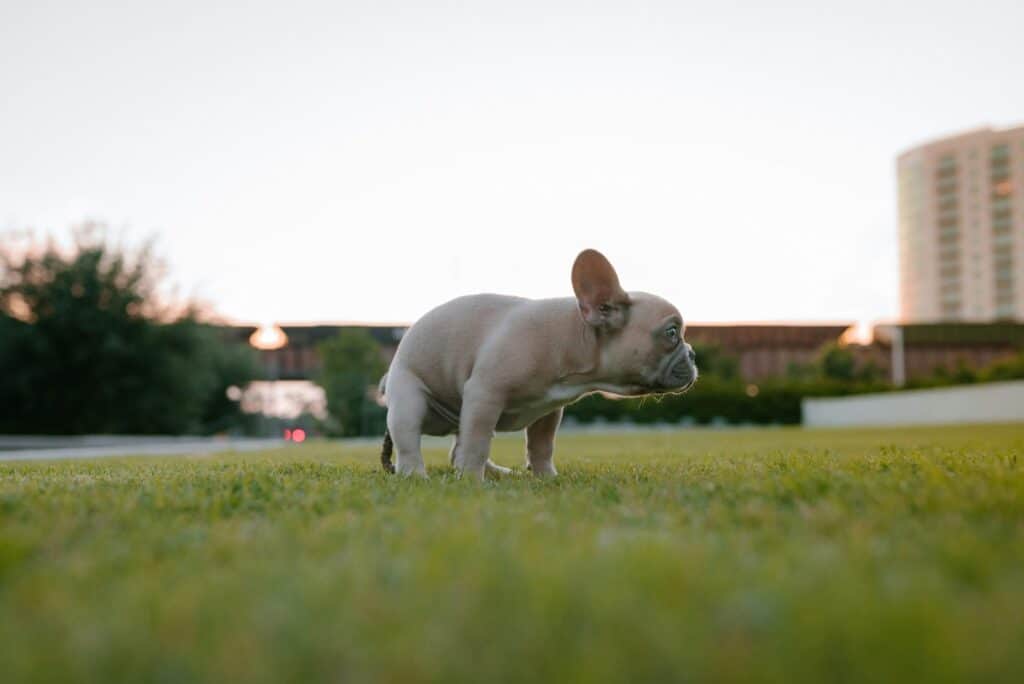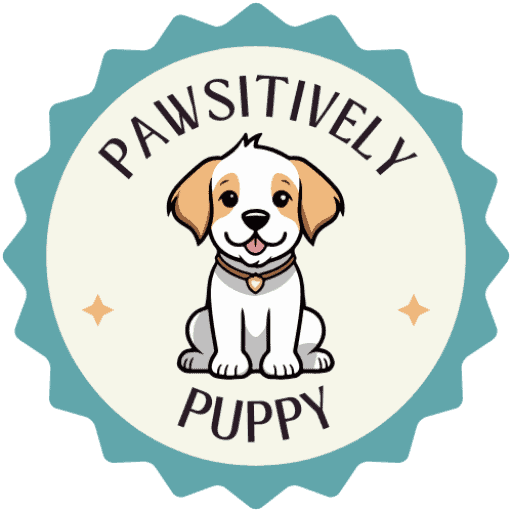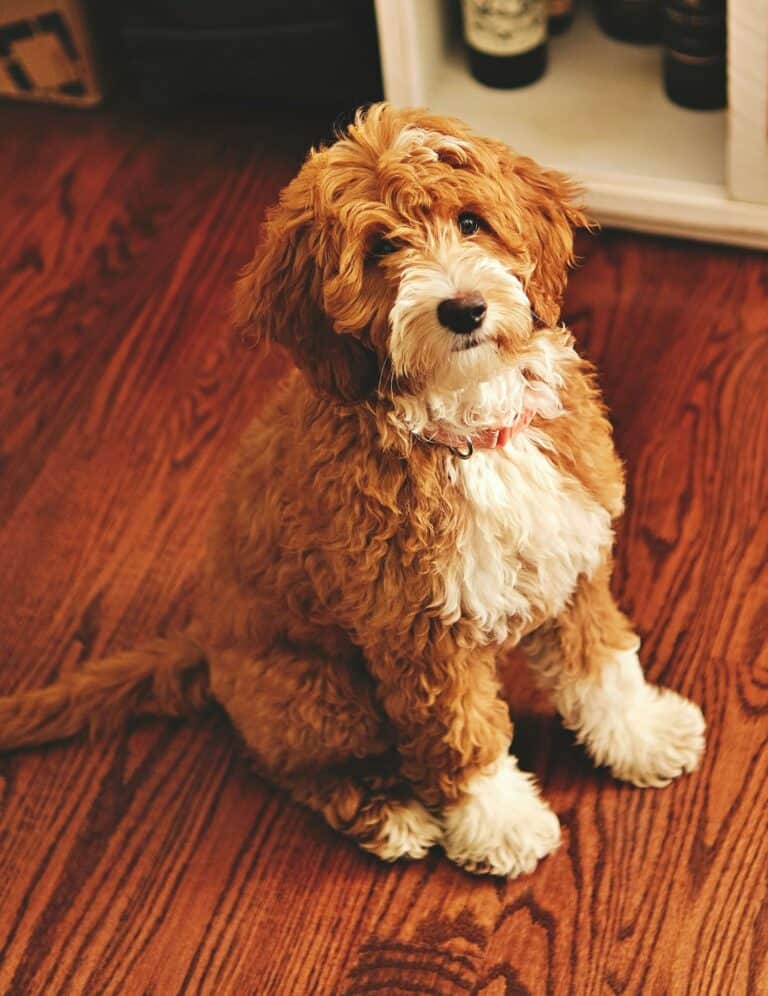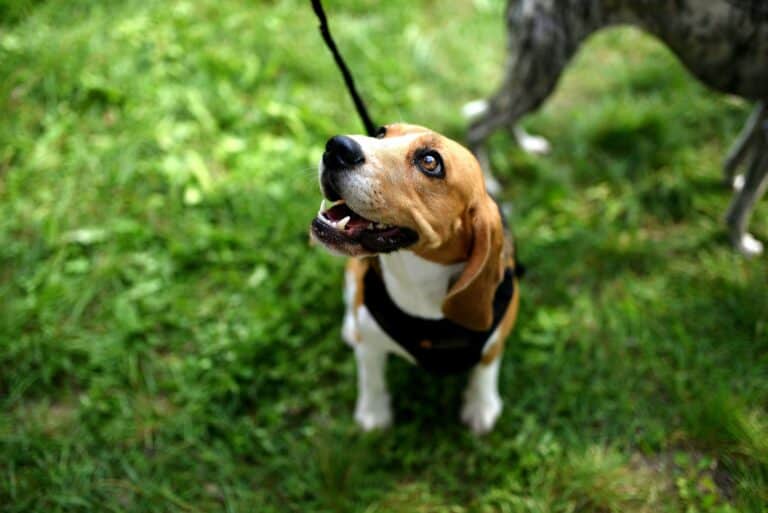House Training Your Puppy: 5 Steps to Success
House training a puppy is one of the first and most important tasks for new pet owners. It requires patience, consistency, and a good understanding of your puppy’s behavior. By following a structured approach, you can achieve house training success quickly and effectively. This article will guide you through the steps to house train your puppy and provide tips for overcoming common challenges.
Understanding the Basics
Why House Training is Crucial
House training is essential for maintaining a clean and healthy living environment for both you and your puppy. It helps prevent accidents in the house and teaches your puppy where and when it is appropriate to relieve themselves.
When to Start
Start house training your puppy as soon as you bring them home. Puppies as young as eight weeks old can begin learning where to go potty. The earlier you start, the quicker they will learn.
Essential Steps for House Training
1. Establish a Routine
Puppies thrive on routine. Establishing a consistent schedule for feeding, playtime, and potty breaks will help your puppy understand what is expected of them.
- Feeding Schedule: Feed your puppy at the same times each day. This will regulate their digestive system and make potty breaks more predictable.
- Regular Potty Breaks: Take your puppy outside frequently, especially after meals, naps, and play sessions. Aim for at least every two hours.
2. Choose a Potty Spot
Select a specific spot in your yard or near your home where you want your puppy to go potty. Consistently taking them to the same spot will reinforce the behavior.
- Familiar Scent: Leave a small amount of your puppy’s waste in the designated spot to help them recognize the area by scent.
- Use a Command: Use a consistent command like “go potty” to signal to your puppy what you want them to do.

3. Positive Reinforcement
Reward your puppy immediately after they go potty in the correct spot. Positive reinforcement is key to successful house training.
- Treats and Praise: Offer treats and verbal praise as soon as your puppy finishes. This will create a positive association with the behavior.
- Consistency: Be consistent with rewards. Rewarding your puppy every time they go potty outside will reinforce the behavior more effectively.
4. Supervision and Confinement
Supervise your puppy closely when they are indoors. This will help you catch any signs that they need to go potty and prevent accidents.
- Use a Crate: A crate can be a valuable tool for house training. Puppies are less likely to soil their sleeping area. Ensure the crate is appropriately sized and comfortable.
- Watch for Signs: Common signs that your puppy needs to go potty include sniffing, circling, and whining. Take them outside immediately if you notice these behaviors.
5. Handle Accidents Calmly
Accidents are a normal part of the house training process. It’s important to handle them calmly and not punish your puppy.
- Clean Thoroughly: Use an enzymatic cleaner to remove all traces of urine or feces. This will prevent your puppy from being attracted to the same spot again.
- Stay Calm: If you catch your puppy in the act, interrupt them with a clap or a firm “no,” then take them outside to finish. Reward them if they do.
Overcoming Common Challenges
Dealing with Regression
It’s common for puppies to experience occasional regression during the house training process. Stay consistent with your routine and reinforce positive behavior.
Nighttime Potty Breaks
Young puppies may need to go potty during the night. Set an alarm to take your puppy outside at regular intervals to prevent accidents.
Addressing Anxiety
Some puppies may experience anxiety during house training. Creating a positive and calm environment can help alleviate their stress. Gradually increase the time they spend alone to build their confidence.
Conclusion
House training your puppy is a critical step in ensuring a harmonious and clean home. By establishing a routine, using positive reinforcement, and supervising your puppy, you can fast-track the house training process. Remember to be patient and consistent, and your puppy will soon learn where and when to go potty.
Further Information
https://www.aspca.org/news/house-training-your-dog-or-puppy
https://www.akc.org/expert-advice/training/how-to-potty-train-a-puppy/


